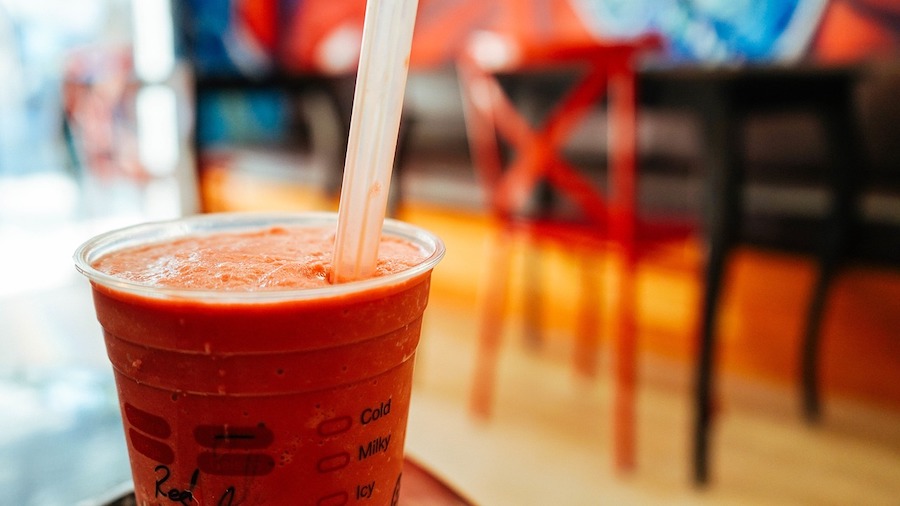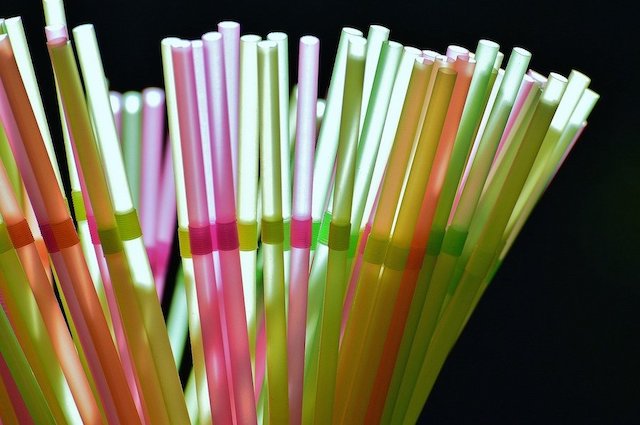From 1st January 2020, a number of single use plastic products will be banned in Monaco, including cups and plates. It is the latest step in the government’s plan to have the Principality completely free of single-use plastics within a decade.
“The Principality is resolutely part of an approach to prohibit the use of all single-use plastics,” said Marie-Pierre Gramaglia, Minister for Equipment, the Environment and Town Planning. “This is obvious in view of the impact that plastics have and the danger the pose to the environment, in particular for marine fauna, knowing that the vast majority of plastic micro-waste is discharged into the sea.”
The following items will no longer be available in Monaco in 2020: cotton swabs, plastic cups, plastic cutlery and disposable plastic plates. The move follows the banning of single-use plastic bags in 2016 and plastic straws and plastic mixers in January 2019.
“Fighting single-use plastics also means reducing the greenhouse gases that are generated by their manufacture, transport and disposal,” added Ms Gramaglia. “These concerns, combining biodiversity protection, climate change and improving the quality of life, are at the heart of the action of the Department of Equipment, Environment and Town Planning.”
In a concerted effort to change plastic consumption in Monaco, the Government established a ‘Monaco Waste Prevention and Management Plan’ in 2016, with the aim of meeting its ‘Zero single-use plastic waste by 2030’ policy.
The ambitious objective is in line with European policies and, according to the government, “can be achieved by implementing regulatory provisions and an action plan to support the various players involved and ensure everyone is supported in the transition process.”
The biggest entities to feel the impact of these changes – traders and restaurateurs – will have specific support from the government, including assistance in finding substitutions for prohibited items.
They will also receive a ‘Committed Commerce’ label or a ‘Committed Restaurant’ label if they achieve three objectives: a reduction in plastic tableware use and disposable packaging; a reduction in food waste; and compliance with local and ethical standards.
The government will also distribute information to businesses early in the shedding light on the authorised materials and recommended practices. These sheets will also include single-use items for which there are no restrictions yet, such as plastic bottles and food containers.

